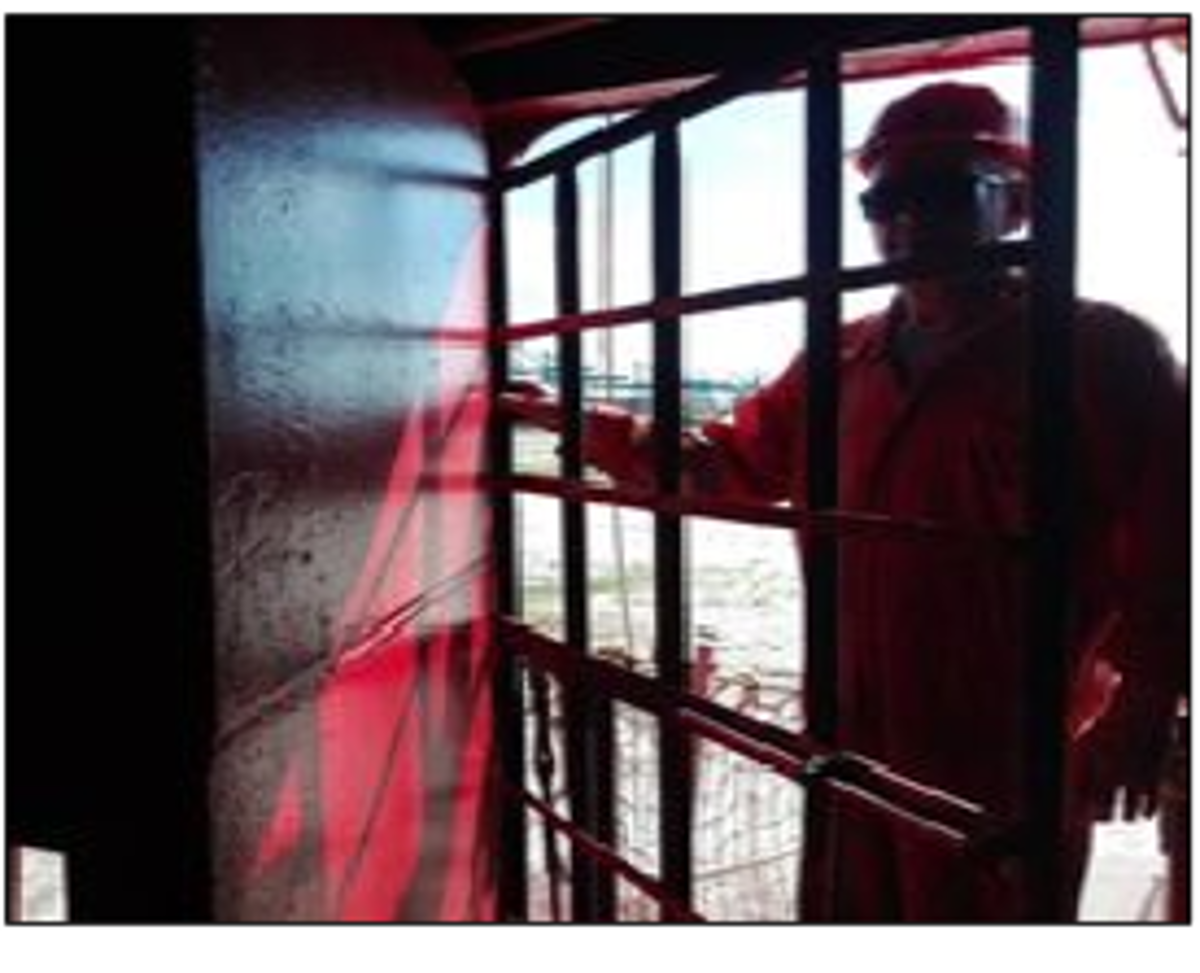Lost time injury (LTI): Loss of end of thumb
- Safety Flash
- Published on 12 July 2016
- Generated on 12 July 2025
- IMCA SF 19/16
- 1 minute read
Jump to:
The MSF has published a safety alert regarding an incident in which a crew member lost the end of his thumb.
What happened?
The incident occurred during the installation of an additional security gate at the top of the gangway. The injured person was holding the gate in position while a second crew member located the bolts. To access one of the securing bolts, the second crew member closed the pilot door without warning, trapping the injured person’s finger between the gate and the pilot door. As a consequence, the injured person lost the top of his right thumb above the first knuckle.

The immediate causes were observed to be:
- Inadequate work planning or programming – the work was viewed as everyday which resulted in an inadequate risk assessment.
- The lack of guards or barriers.
- Lack of communication between the two parties involved in the task – a basic and simple warning that something was going to change would have sufficed and an accident would have been avoided – ‘watch out, I’m closing the door’.
Related Safety Flashes
-
IMCA SF 04/16
5 February 2016
-
IMCA SF 03/09
5 March 2009
IMCA Safety Flashes summarise key safety matters and incidents, allowing lessons to be more easily learnt for the benefit of the entire offshore industry.
The effectiveness of the IMCA Safety Flash system depends on the industry sharing information and so avoiding repeat incidents. Incidents are classified according to IOGP's Life Saving Rules.
All information is anonymised or sanitised, as appropriate, and warnings for graphic content included where possible.
IMCA makes every effort to ensure both the accuracy and reliability of the information shared, but is not be liable for any guidance and/or recommendation and/or statement herein contained.
The information contained in this document does not fulfil or replace any individual's or Member's legal, regulatory or other duties or obligations in respect of their operations. Individuals and Members remain solely responsible for the safe, lawful and proper conduct of their operations.
Share your safety incidents with IMCA online. Sign-up to receive Safety Flashes straight to your email.